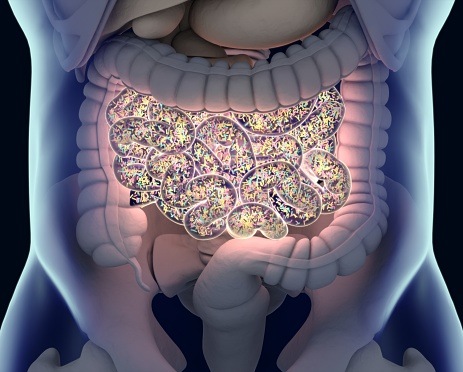Researchers analyzed if treatment with 5-aminosalicylate (5-ASA) was associated with acute interstitial nephritis (AIN) in patients with inflammatory bowel disease (IBD). Investigators ultimately concluded that “AIN is a serious adverse drug reaction associated with aminosalicylates, with mesalazine accounting for most reports.” Findings were published in the European Journal of Medical Research.
Notably, the investigators suggested that “the current guidance of annual monitoring of renal function may not be sufficient to identify cases early. “Given the severity of AIN and reports in the literature that early treatment with steroids may be beneficial, we would recommend at least [biannual] monitoring of renal function,” the authors suggested.
The researchers retrieved 41 reports from the Embase and PubMed databases that reported on AIN events, confirmed by biopsy, in patients with IBD receiving a 5-ASA drug. As noted, mesalazine was the most frequently observed aminosalicylate associated with AIN (95%). After further analyses, the authors estimated a median 3.3-fold increase in creatinine compared with baseline (interquartile range [IQR]: 2.5–5.5), and a median treatment length of 2.3 years before the AIN diagnosis (IQR: 12–48). Authors noted that aminosalicylate withdrawal and steroids were the most frequently used AIN treatments; however 15% of patients had developed end-stage renal failure despite treatment.
In short, the authors proposed “routine monitoring of renal function at least biannually in patients taking 5-ASA medications with stable renal function and no risk factors for renal impairment” to account for the idiosyncratic development of drug-induced AIN and to ultimately prevent treatment-related severe renal damage.
Source: https://eurjmedres.biomedcentral.com/articles/10.1186/s40001-022-00687-y









